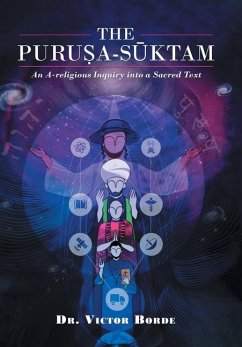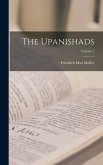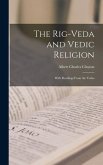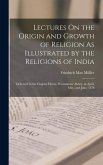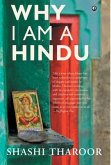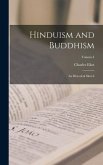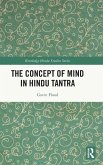The interpretation of the Vedic text has been a prerogative of the Hindu Brahmins, it has always been interpreted from the religious point of view. This book's approach is from the socio-historical perspective. It is a subaltern reading of the Vedic text, which not only establishes the fact that Purua-sktam is an interpolation but also unveils the reasons for its interpolation. The authors approach is both emic and etic at the same time; a perspective which bringing out unique insights. He has used a diachronic approach to trace the history of interpretation thus revealing the various layers of interpretations of this text. Beginning with contemporary interpretations, he goes down in history pointing out how the orthodox and classical scholars interpreted this text and going further back in time to unravel its origin and usage in the context of yajnas and nature religion.
Bitte wählen Sie Ihr Anliegen aus.
Rechnungen
Retourenschein anfordern
Bestellstatus
Storno

